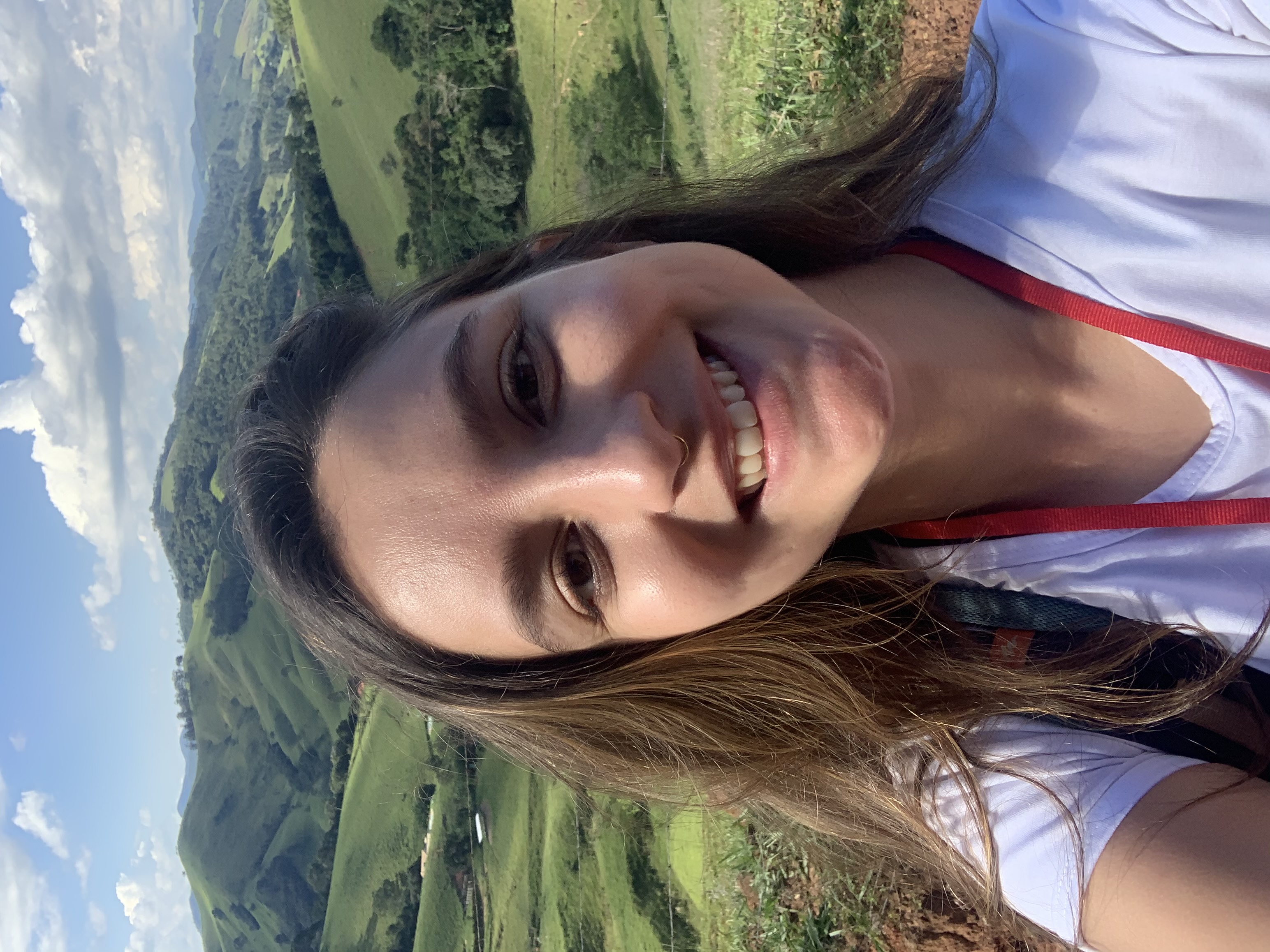Tostes Ribeiro Isabel

Isabel Tostes Ribeiro

Membre Doctorant
Biologiste
Sujet de thèse : How to improve collaboration among One Health sectors? Perceptions from key stakeholders
Human activities and behaviors can favor the emergence (i.e., the appearance of new diseases) or re-emergence of infectious diseases (i.e., the reappearance of diseases controlled in a significant portion of the population, such as malaria), as they cause environmental changes that increase the chances of contact between humans and pathogens. Among infectious diseases, it is estimated that 60% of those known and 75% of new or emerging diseases have a zoonotic origin, meaning they have a vertebrate host but are capable of causing diseases in humans through spill-over between different species. Given the numerous possibilities of interactions between humans and animals, the surveillance of zoonoses is a complex task, involving various sectors (e.g., health, agriculture, livestock), each with its own agendas, capabilities, and budgets. The lack of coordination between these sectors, however, can lead to failures in the processes of identification and decision-making in the face of the emergence of a new disease or endemics. Therefore, to guide actions for the prevention and control of zoonoses, the One Health approach has been proposed. The concept of One Health can be defined as a collaborative effort between sectors and disciplines to achieve health outcomes for people, animals, and the environment. Therefore, understanding which actions can help foster collaboration between sectors is important. Thus, this thesis adopts the One Health approach to investigate human behaviors and psychological factors related to zoonoses in different contexts. The three main objectives are: (i) to identify the perceptions of experts in human, animal, and environmental health about how interventions for the control and prevention of zoonoses should be coordinated between sectors; (ii) based on the identification of barriers to collaboration, propose a serious game protocol to create coherent responses to challenges in One Health; and (iii) investigate the attitudes of key actors (i.e., forestry workers) regarding forest restoration’s regulation ecosystem service to prevent zoonoses and how knowledge and exposure to risk affect such attitudes.
Adresse professionnelle : TA C-119 / F - Campus international de Baillarguet - 34398 Montpellier Cedex 5
E-mail : isabel@tostes.org
Téléphone :
Ecole doctorale : Instituto de Energia e Ambiente (IEE)
Directeur(s) : Dr Carla Morsello (Brésil)
Co-directeur/encadrant(s) : Paula Prist, co-directrice de thèse, Christophe Le Page, encadrant